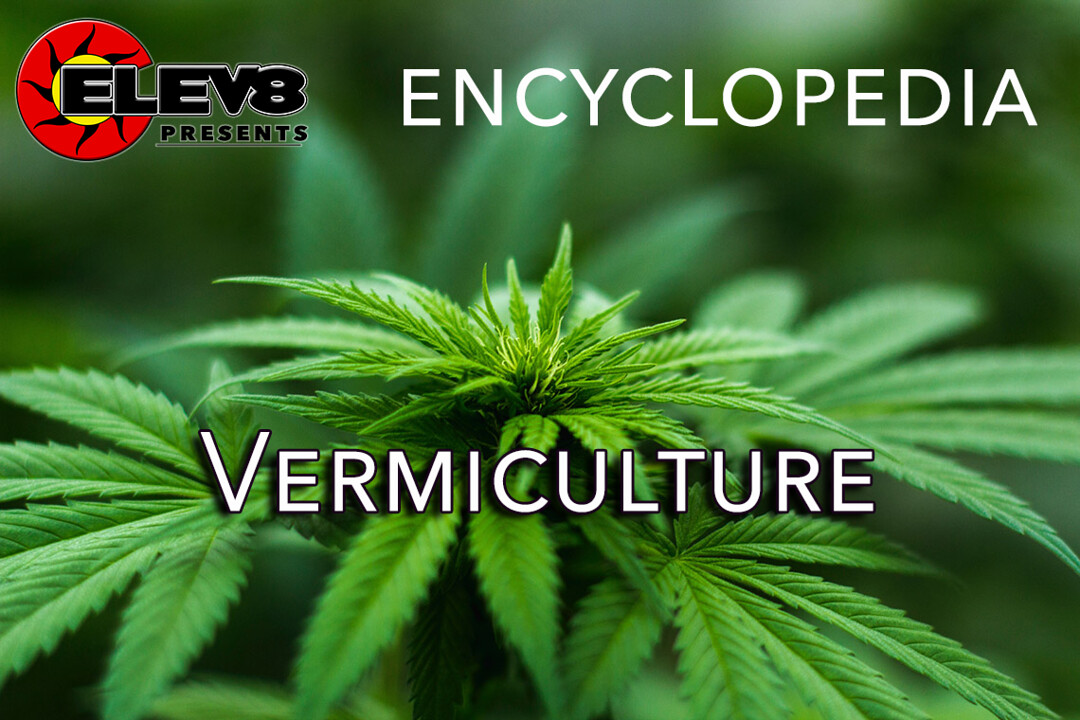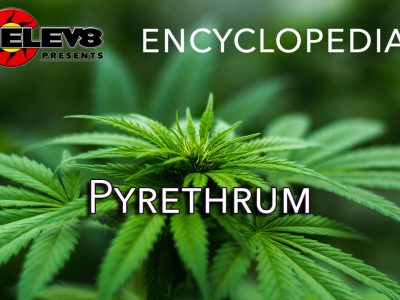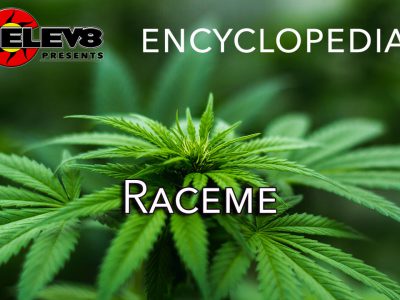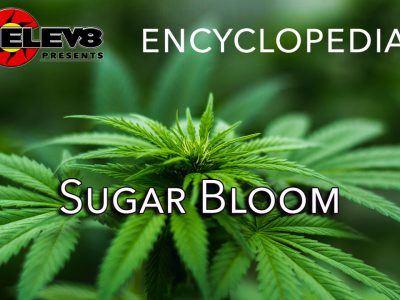What does Vermiculture mean?
Vermiculture is the process of garden composting using worms. Overtime, all organic material naturally goes through the process of decomposition. However, with vermiculture, the process is significantly accelerated. The worms consume the decaying organic material and then flush it out of their system in what is referred to as ‘castings’ or ‘worm manure.’ The worm castings are nutrient rich.
Vermiculture allows a grower to create organically rich compost year round. Most growers use various types of worms such as earthworms, white worms, and red wigglers to compost. The compost created by the worms is an excellent soil conditioner and all-natural fertilizer.
More Info On Vermiculture
During vermiculture, the grower will harvest the nutrient-rich castings when they appear earthy-brown. The organic compost can be mixed directly into the soil around plants or made into a tea by mixing water with the worm castings. Once the compost becomes liquefied, it can be used to fertilize the grower’s plants and is often referred to as a ‘compost tea’.
Using vermiculture-produced compost to fertilize plants is a way to naturally feed plants all the nutrients they require without having to turn to harmful chemicals that are often found in commercially available fertilizers. Commercially available fertilizers also tend to be damaging and can burn fragile plants, unlike the compost produced by vermiculture. Since worm castings will never burn the delicate roots of a plant, many growers opt to plant their plants directly into nutrient-rich worm castings.
The worm castings also contain beneficial microbes that help protect plants from a variety of diseases. Unlike chemical fertilizers, compost produced in vermiculture has no undesirable smells. It normally only smells like rich soil. Worm casting compost is generally used not only during a plant’s vegetative stage but also during its flowering phase.







